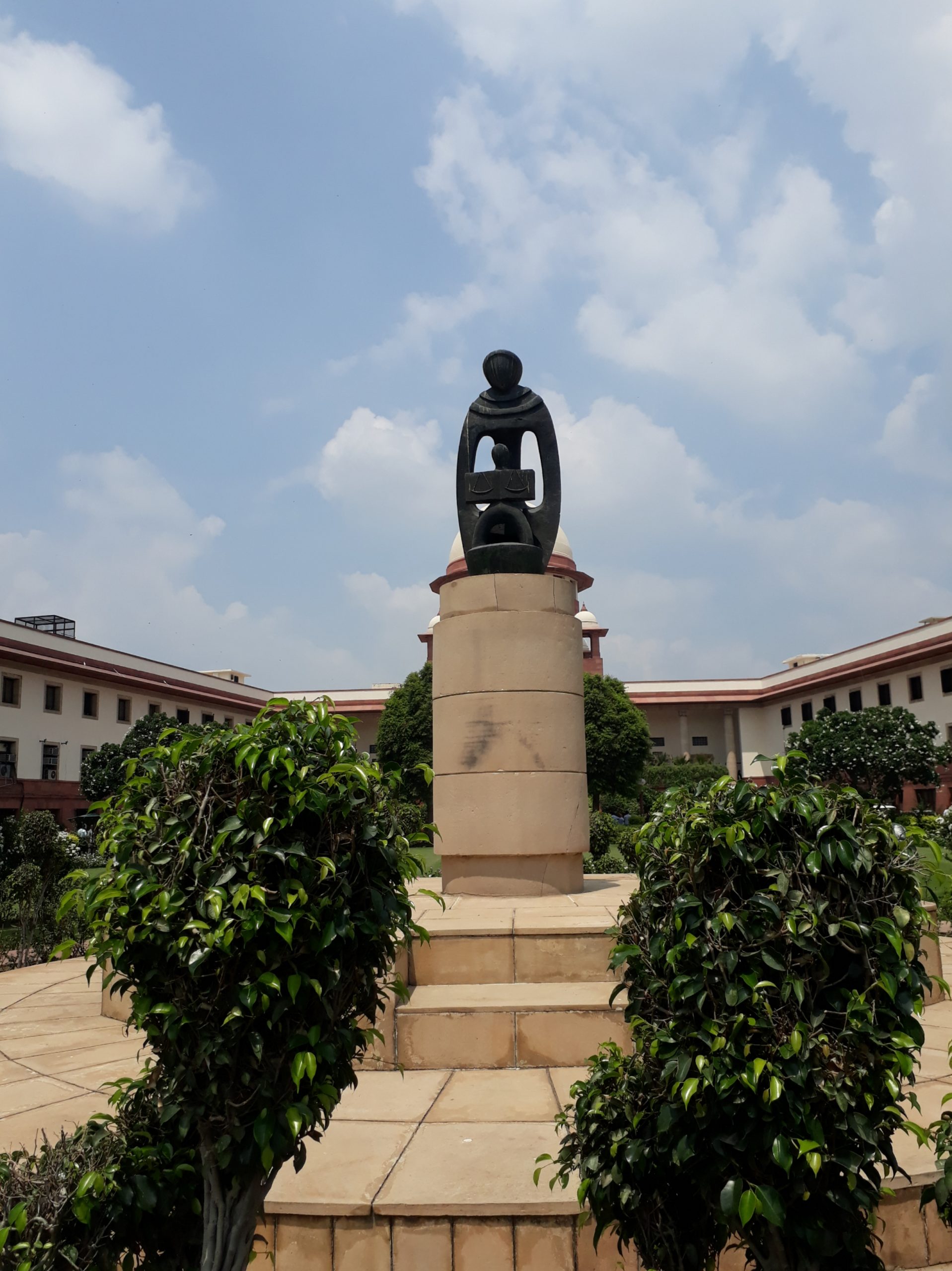At the outset, it is clarified that the findings in this judgement are limited to a determination of the question of limitation. The detailed facts and averments on the merits of the larger dispute between the parties are not analysed in the judgment. (Para 3)
From the above discussion of law, It is clear that the date on which the limitation begins to run is intrinsically linked to the date of pronouncement. The question that arises in the facts of the present case, therefore, is when is an order deemed to be pronounced. The National Company Law Tribunal Rules, 2016[“NCLT Rules”] provide guidance in this regard. Rule 89(1) of the NCLT Rules indicates that when NCLAT registry publishes its cause list, a distinction is drawn between cases listed for pronouncement of orders and other cases. It states as follows (Para 16)
The above provisions of the NCLT Rules, 2016 make a clear distinction between the ‘hearing’ of an appeal and the ‘pronouncement’ of the order. Rule 150(1) provides that after hearing the parties, the order may be pronounced either at once or soon thereafter, as may be practicable, but not later than thirty days from the final hearing. Further, Rule 151 indicates that a member of the bench may pronounce the order for and on behalf of the Bench. When the order is pronounced, the court master shall make a note in the order sheet to that effect. The language of the above rules indicates that the pronouncement of the order is necessary and cannot be dispensed with. (Para 18)
In the facts of the present case, the date of upload of the order is the same as the date of pronouncement. To avoid situations such as these, in cases where the matter has been heard on a particular day but the order is pronounced on a later date, the NCLT must refrain from affixing the date of hearing on the order. Such an approach would be a violation of the NCLT Rules, which create a distinction between hearing and pronouncement and do not allow the NCLT to dispense with the requirement of pronouncement. (Para 20)
In view of the above, the period of limitation began to run on 30 May 2023. The 30- day limitation period provided in Section 61(2) of the IBC concluded on 29 June 2023. Though the appeal was filed beyond the period of thirty days, it was within the condonable period of fifteen days. We are of the considered view that the appeal should be restored to the NCLAT for reconsidering whether the appellant has shown sufficient cause for condoning the delay beyond thirty days. To facilitate this, the impugned order of the NCLAT declining to condone the delay is set aside and the proceedings are restored to the file of the NCLAT. We are not inclined to stay the CIRP at this stage. However, the NCLAT is directed to dispose of the appeal at the earliest. (Para 21)
SUPREME COURT OF INDIA
2023 STPL(Web) 485 SC
[2023 INSC 1063]
Sanjay Pandurang Kalate Vs. Vistra Itcl (India) Limited And Others
Civil Appeal Nos. 7467-7468 of 2023-Decided on 4-12-2023
https://stpllaw.in/wp-content/uploads/2024/01/2023-STPLWeb-485-SC.pdf







